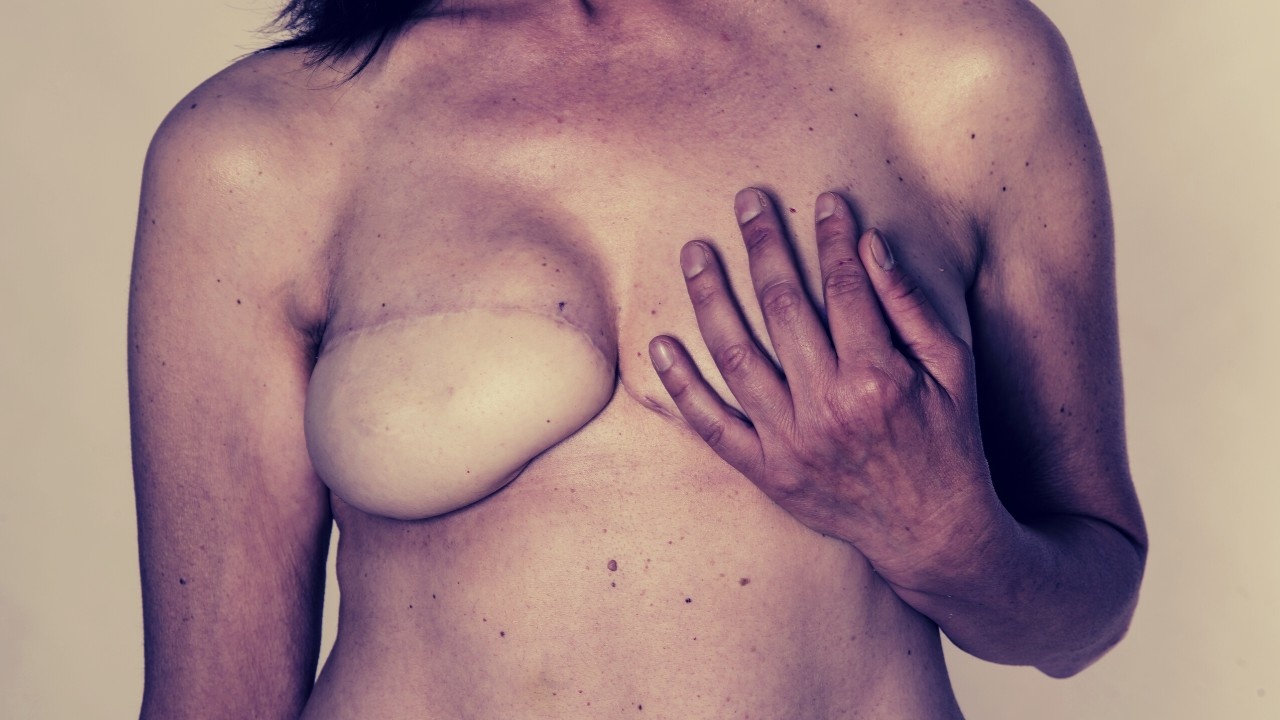Breast Cancer Awareness: Why Is It Important

In a face to face interview with over 950 women in both urban and rural Lagos, Nigeria we found that the main reasons women did not present for clinical breast evaluation after finding a concerning symptom in the breast were lack of awareness and fear of the unknown. Unfortunately, most of these women also reported knowing or hearing about someone who died from breast cancer. This made their fear of the disease even worse.
If you find a lump in your breast or other concerning symptoms. It is important to seek medical evaluation and advice to find out what it is. Not attending to a breast mass or concerning symptoms will not make it go away. “Rejecting it” will also not make it go away, it only means you are in denial and playing with statistics. The truth is most breast masses are not cancer. However, until proper clinical evaluation and appropriate imaging is performed, no one knows the underlying reason for any breast symptom.
The only way to outsmart breast cancer is with early detection. The moment there is a concerning finding during your monthly self-breast exam, at your annual clinical examination by a qualified healthcare provider or on an annual screening mammogram (for women over age 40 or considered to high risk based on family and personal history), further evaluation with imaging needs to be performed to arrive at a diagnosis. For instance most fever, diarrheal symptoms etc are not secondary to the Ebola virus, however, given our current outbreak and knowledge of the disease, anyone with these symptoms will and should be checked for Ebola. You can’t treat what you don’t know.
The truth is, as frightening as a diagnosis of breast cancer can be, we should be strengthened and hopeful, that it a disease that can be successfully battled- if done early. There are women all over the world today who are survivors, some twice over- mainly due to early detection.

